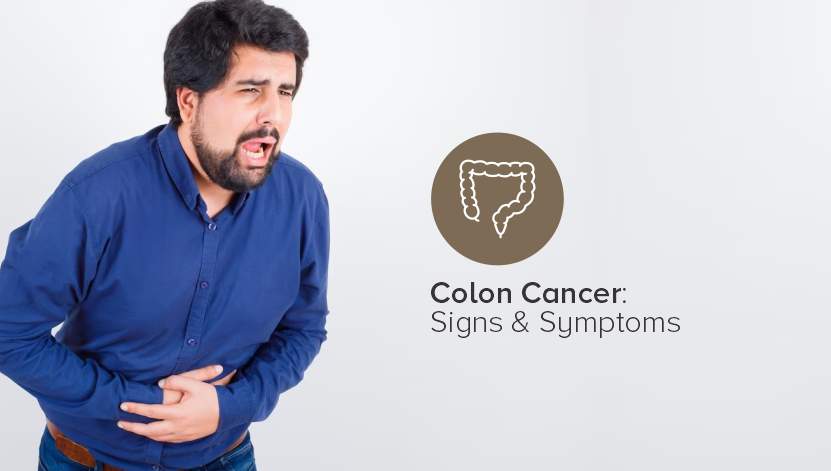Colon cancer, also known as colorectal cancer, is one of the most common types of cancer that affects both men and women. It is a type of cancer that begins in the colon, which is part of the large intestine. Colon cancer can be silent, which means it can develop without any noticeable symptoms. However, early detection is crucial in treating colon cancer.
